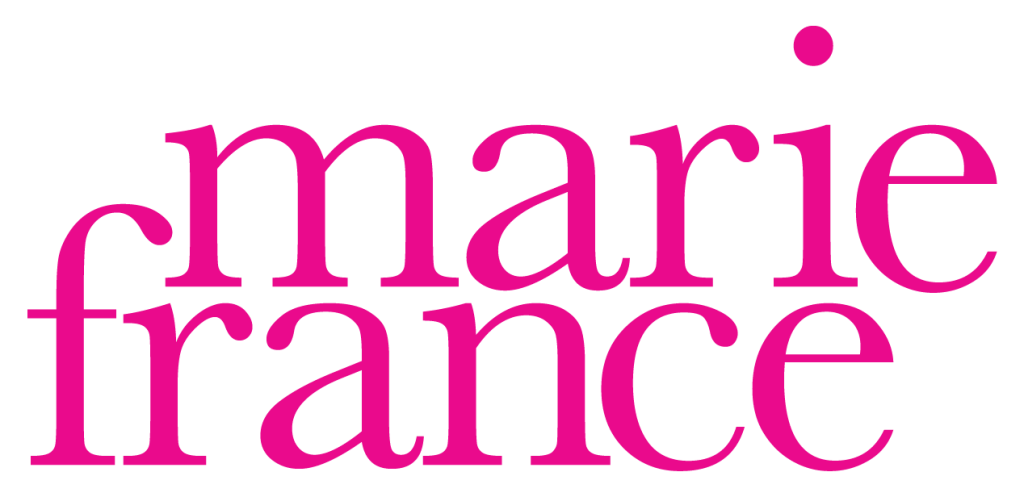
Dealing with hypothyroidism has its own share of challenges in weight management. Its impact on metabolism and energy levels causes changes physically and psychologically. And when it comes to adjusting to this condition, adapting a healthier lifestyle is one of the common changes done to sustain your progress. This is usually done by eating healthy and avoiding or limiting certain food that can hinder your progress!
So you might be asking: “What are the food groups that I should avoid or limit if I want to sustain a healthier weight?”
Let’s find out!
1. Processed Food and Refined Sugars
Processed food, often high in refined sugars and unhealthy fats, can heighten weight gain and inflammation. These food provide little nutritional value and can lead to blood sugar spikes, followed by crashes, which can increase cravings and overeating. Opt for whole, nutrient-dense foods to support overall health and weight management.
2. Cruciferous Vegetables (in excess)
While vegetables like broccoli, cauliflower, and cabbage are generally healthy, consuming them in large amounts, especially raw, can interfere with thyroid hormone production. These vegetables contain goitrogens, substances that can inhibit the uptake of iodine, essential for thyroid function. Moderation is key, and cooking these vegetables can reduce their goitrogenic properties.
3. Soy Products
Soy contains compounds called isoflavones, which can interfere with thyroid function, particularly for those with iodine deficiency. Consuming large amounts of soy can disrupt the thyroid’s ability to produce hormones, which can be particularly problematic for individuals with hypothyroidism. It’s advisable to limit intake of soy-based foods like tofu, soy milk, and edamame.
4. Gluten
For some people with hypothyroidism, particularly those with Hashimoto’s thyroiditis (an autoimmune form of the disease), gluten can exacerbate symptoms. Gluten is a protein found in wheat, barley, and rye. It’s suggested that those with thyroid issues try a gluten-free diet to see if it alleviates symptoms, as gluten sensitivity can sometimes overlap with thyroid disorders.
5. Excessive Caffeine
Caffeine, found in coffee, tea, and certain sodas, can interfere with the absorption of thyroid medication. Additionally, excessive caffeine intake can lead to increased stress and disrupt sleep patterns, both of which can negatively impact weight management. If you consume caffeine, try to do so in moderation and not immediately before or after taking thyroid medication.
6. Fatty and Fried Food
Food high in unhealthy fats, such as fried food and those containing trans fats, can slow down the body’s metabolism and contribute to weight gain. These foods can also lead to increased inflammation, which may worsen hypothyroid symptoms. Choose healthier fat sources like avocados, nuts, and olive oil instead–but in moderation as well!
7. Alcohol
Alcohol can disrupt the balance of thyroid hormones and interfere with the liver’s ability to convert T4 to T3, the active form of thyroid hormone. Additionally, alcohol is high in empty calories, which can contribute to weight gain. Limiting alcohol consumption can help maintain better overall health and support weight loss efforts.
8. Sugary and High-Carbohydrate Food
Sugary food and high-carbohydrate diets can lead to insulin resistance and weight gain, which are particularly problematic for those with hypothyroidism. These food can cause rapid increases in blood sugar levels, followed by drops that lead to increased hunger and potential overeating. Choosing complex carbohydrates with a low glycemic index, such as whole grains, can provide sustained energy without causing drastic blood sugar fluctuations.
For individuals with hypothyroidism, dietary choices can significantly impact thyroid function and weight management. Focusing on a balanced, nutrient-rich diet and avoiding or limiting these type of food, you can better manage your condition and support your weight loss goals.
Always consult with your doctor or nutritionist to tailor dietary choices to your specific needs. You can also try weight loss treatments that address these concerns appropriately and help you achieve a holistic weight loss journey. Book your Marie France consultation now!












